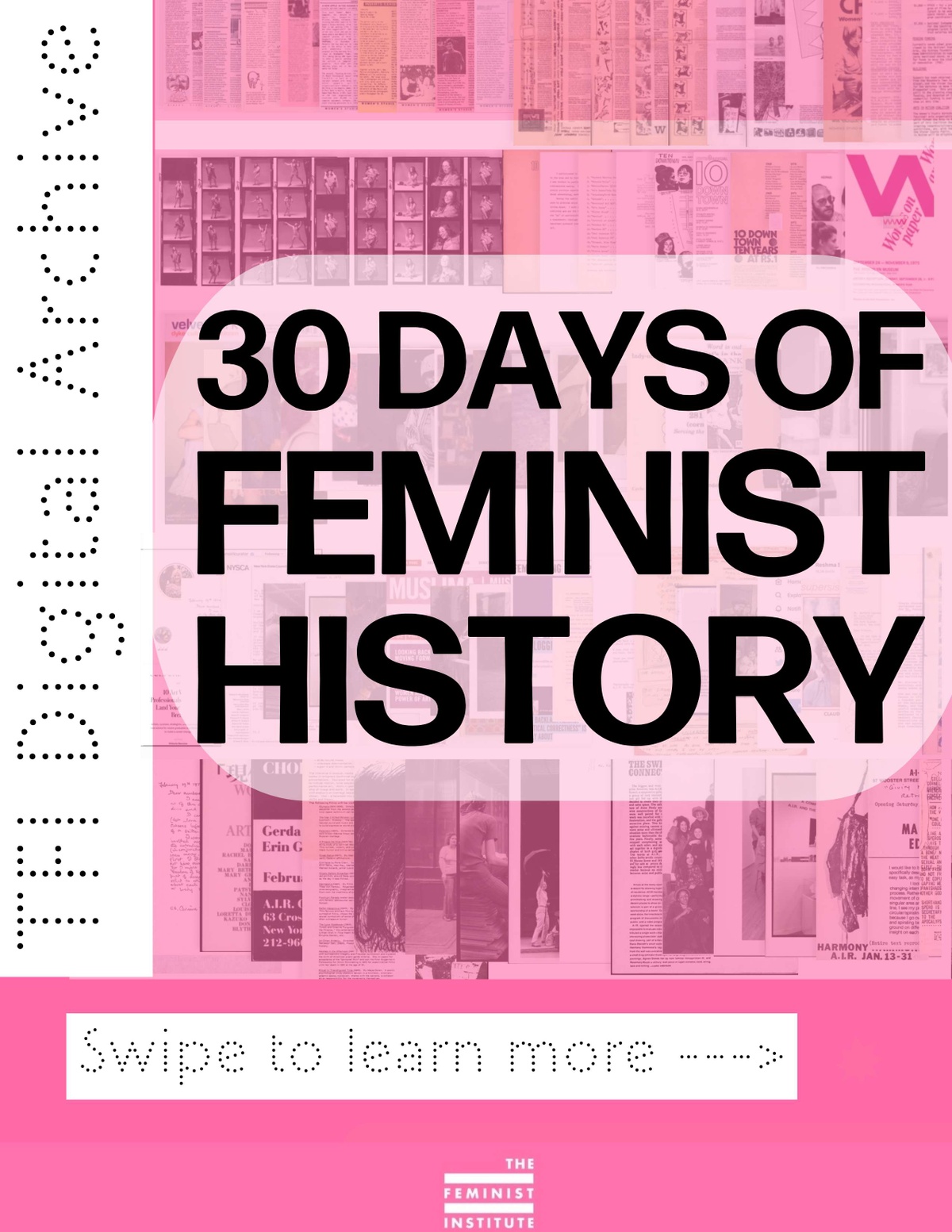What is a Feminist Archive?
Allison Elliott Dec 14, 2022 4 Minute Read
When most people think of an archive, they think of rows of dusty boxes in governmental buildings, usually holding municipal records. It’s something that’s inaccessible to the public.
Archival Multiverse
I want to introduce, you, our readers, to the archival multiverse. The archival multiverse describes the change in archival practice that has come as a result of the boom of community and cultural archives. These new kinds of archives allowed marginalized communities to take control of their own narratives and developed new ways of collecting, preserving and telling their histories to the public.
So, within the archival multiverse, how do feminist archives function? What makes an archive feminist? Mostly, it’s about praxis. It’s about how record creators are treated, how materials are described and what kinds of histories are prioritized within larger collections. Our mission is rooted in the work of Drs. Michelle Caswell and Marika Cifor as we shape our partnerships within a feminist ethics of care. This means we shape our relationships in a framework of radical empathy and mutual responsibility.
Digitization + Feminist Ethics of Care

Photo: Kolin Mendez
Where TFI is often working with independent record-holders’ personal collections, the digitization process is an affective landscape. Certain materials may bring up memories, emotions etc., and to stay true to our feminist ethics of care, it’s important for the TFI staff to prioritize collaboration with the record-holders and honor their wishes in how the collection is presented once analog materials are digitized.
Put simply, the process is more important than the end product. This doesn’t mean the quality of the collection suffers. In fact, generally, the metadata and descriptions of materials benefit from working so closely with the record creators as you learn more tidbits and nuances of the collection and history itself.
We at TFI are proud to walk in the footsteps of feminist archivists who have developed these practices and challenged traditional productions of history. To us, it’s part of information activism— not only uncovering and making available hidden narratives but building strong relationships within our community while we do it. If this kind of work inspires you, we humbly ask that you consider donating to our Adopt-a-box campaign and sharing it with a friend.

